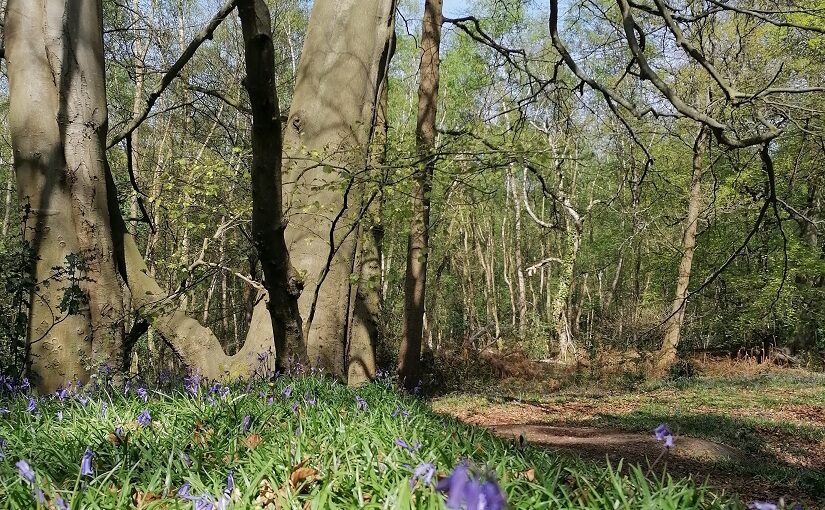Thinking about life, isn’t it simply the interplay of various different ways of being? A whole world filled by forms expressing their “life” in all these beautiful, unique, purposeful ways. Everything, generally, working together for mutual advantage while producing all of the varied landscapes and ecosystems that are supporting and enriching life on this planet.
It seems incredible to imagine all the life forms, all the activities and interactions coming together and layering up to create this world we see before us – all of the years that have gone into bringing us to this point. The very fact we have such diversity, such beauty, such resources to draw upon in our lives now being the result of countless periods of persistent growth, development and cooperation on the part of nature.
Even before looking at how the generations preceding us enriched our lives by their efforts, there’s this sense in which the very ground beneath our feet and air filling our lungs are the product of far-reaching cosmic realities and minuscule chemical processes. The whole planet, in a way, working in astonishing harmony to provide an environment in which humanity can exist.
Not to say, necessarily, that nature exists “in order” to give us life, but that it almost undeniably “does” – the results of nature’s activity being the climate surrounding us, wildlife we hear, plants we tend, creatures we observe, and food we consume. Doesn’t almost everything that comes to us arise out of nature before becoming part of our lives?
It might be our inclination to brush such wonder aside and move on to higher things, but is it wise to underestimate the value of nature? Are we right to see it mainly in terms of its capacity to sustain or withstand our activities? Viewing this planet as a series of assets we have a right to plunder, exhaust, scar and drive to the brink of instability seems a strange way to be treating our home.
Why is it that writing about nature often drifts to the negative? As a topic, it clearly touches onto the wonder, hope and beauty nature offers as much as it does the unfathomable risks of disregarding its deeper significance for our lives (Notes One). As if thoughts around nature are a double-edged sword of incredible richness and incredible danger.
Without the admiration, though, how are we to be inspired to protect it? Don’t we need to appreciate things if we’re to involve ourselves in maintaining a garden or defending a landscape? If we don’t “see” the unique wisdom of each separate being – following its trail to gain broader insight into the intricate fabric of the lives making up our own – it seems unlikely we’ll care enough to limit our own pursuits (Notes Two).
For some reason, humans wield such incredible power on this planet: the power to sustain, preserve, enrich and work alongside nature or do the opposite. Isn’t it important we appreciate the gift of life and choose to play our parts wisely?
Notes and References:
Note 1: Beauty and wonder in nature
Note 1: Aesthetic value of nature
Note 1: Living the dream
Note 1: Gardening as therapy, the light and the dark
Note 1: Nature & the fulfilment of potential
Note 2: Things with life have to be maintained
Note 2: Having a sense for being alive
Note 2: Intrinsic value of nature
Note 2: Detaching from the world around us
Note 2: Seeing, knowing and loving

